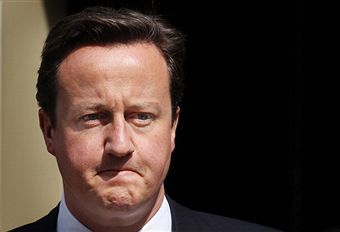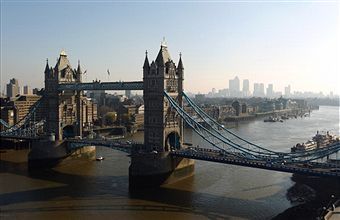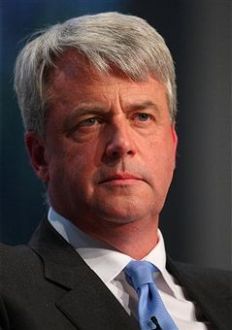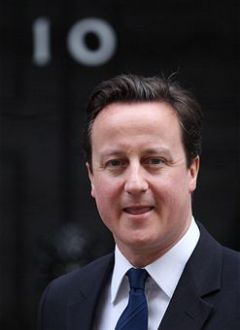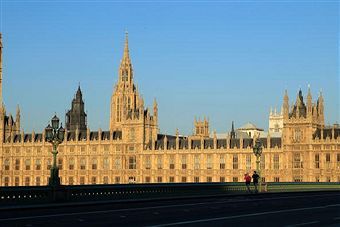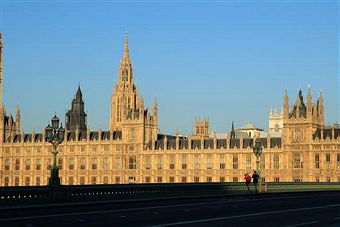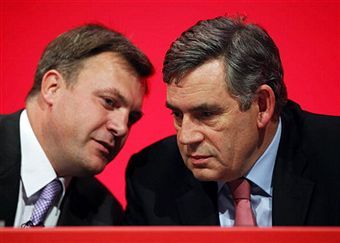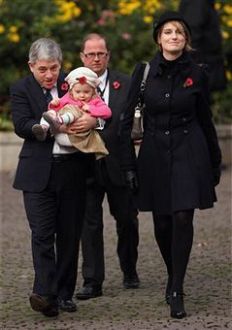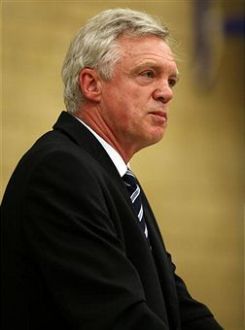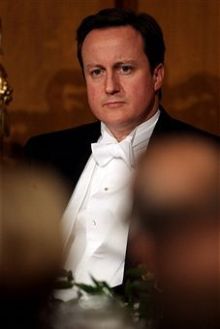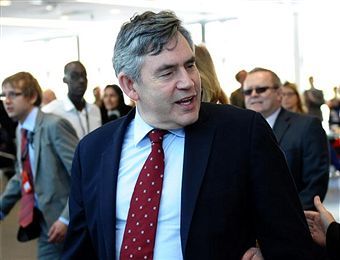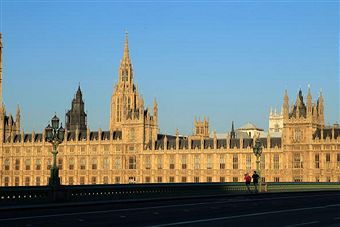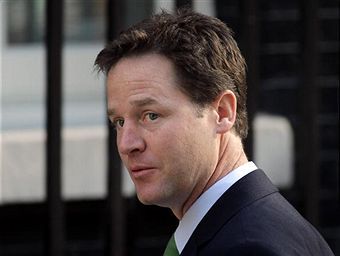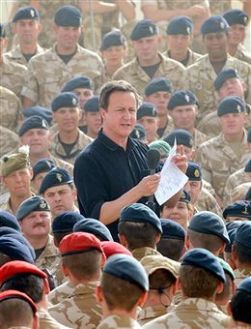Cameron in new war with his backbenchers
The House is united in loathing of IPSA, which explains why Tory MP Adam Afriyie’s amendment to the Parliamentary Standards Bill 2009 is proving so popular. Afriyie’s aim is ‘to simplify the way in which expenses and salary payments to Members of Parliament are made’ and attempt to limit IPSA’s costs. The government, however, is wary of Arfiyie’s reform – sensing, perhaps, that the public might not stomach changes to the expenses system so soon after the recent scandal. The bill’s second reading will take place this Friday and it is now understood that enough Labour backbenchers will support the motion to allow it to pass. It is
